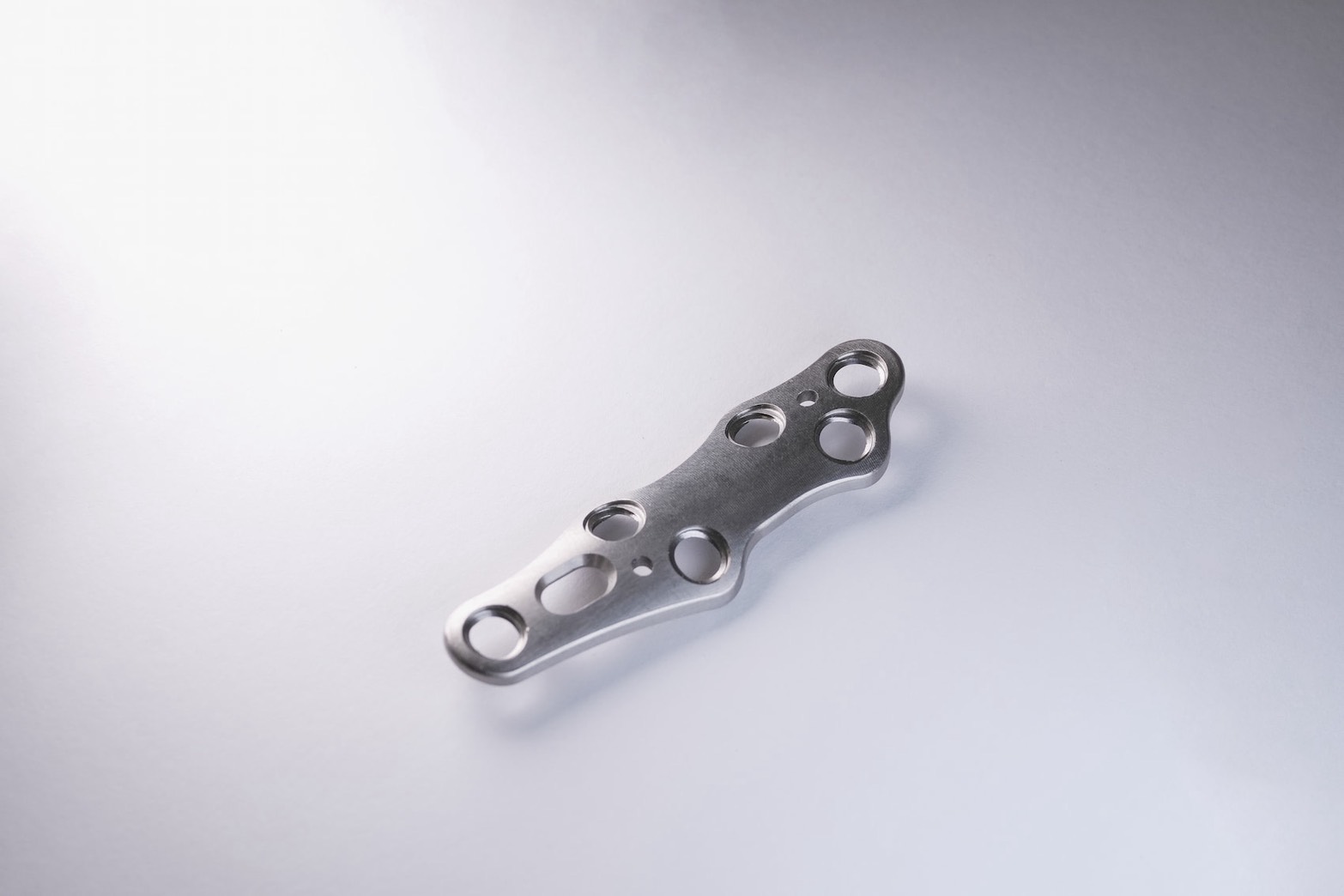
The automotive industry is one of the largest in the world. Millions of cars are manufactured every year, and every car requires numerous specific parts that need to fit together perfectly. Machining equipment for the production of parts for the automotive industry must be capable of meeting the high demands for both large volume production as well as extremely tight tolerances.
Size alone doesn’t determine a part’s complexity; sometimes smaller parts can be extremely challenging to machine, while some larger parts may be very simple. When you consider the number of operations needed to machine a part: cutting, turning, milling, etc., it is important to have first-rate automation that can efficiently achieve the accuracy and consistency required to produce these complex parts.
Our vertical machining centers are specifically engineered for high precision and stability, making them particularly suitable for manufacturing medical components such as bone plates, bone screws, and other implantable devices. With a reinforced rigid structure and a high-speed, low-vibration spindle, the machines deliver medical-grade surface finishes and dimensional consistency. Several orthopedic clients have successfully adopted our equipment for stable and reliable mass production.
Plastic injection molds are typically constructed from hardened steel, aluminum, and/or copper alloy. Steel molds cost more, but are often preferred because of their high durability, and are designed to process well over a million parts during their lifetime.
Electronic devices are ubiquitous in our daily lives, and many electronic devices are manufactured with the help of CNC machining. CNC is suitable for a broad range of materials, and its ultra-high level of precision makes it suitable for small and complex parts.
In the aerospace industry, challenges in manufacturing are extremely high. Components for aerospace applications are often exposed to dramatic extremes of temperature and pressure. Parts manufactured for aerospace applications must be able to withstand these pressure and temperature extremes inherent in the aerospace industry.
















